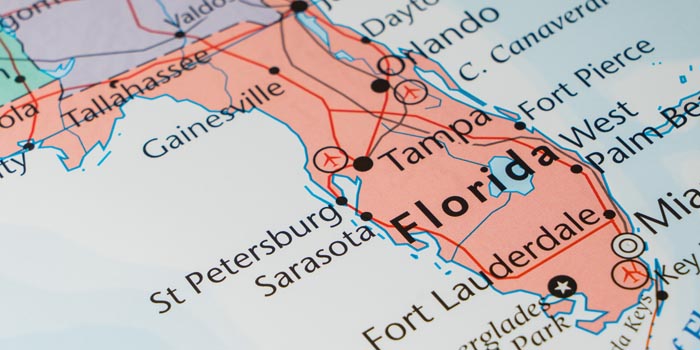It is not uncommon for authorities to confiscate goods acquired through illicit activities, a practice observed widely across the United States. While these rules differ from state to state, generally speaking, the assets derived from criminal enterprises are forfeited and may later be resold to fund various state and county initiatives. This procedure not only allocates essential funding to different programs but also offers an avenue for the public to utilize these assets.
Earlier this week, Florida Governor, Ron DeSantis, affirmed that he has ratified close to a dozen legislative instruments, each tackling diverse issues within the state. A Wednesday communique from the Governor’s office confirmed that a total of 11 enactments received his endorsement. Conspicuous among the raft of proposals that earned DeSantis’ approval was HB 5203, a bill stipulating the approach the state’s gambling regulatory agency, the Florida Gaming Control Commission (FGCC), should adopt when handling forfeited property.
As soon as it was endorsed, the proposal, dubbed “Property Seized by the Florida Gaming Control Commission,” is predicted to become effective within this summer. The proposed start date for HB 5203 is pegged at July 1, 2024. This freshly endorsed law vests in the controlling body for gambling the exclusive ownership of any machine or apparatus or any device, including money and anything of value, should they be seized upon investigation.
Confiscated Assets to Contribute to the General Fund
In essence, should the FGCC carry out an investigation and go beyond to confiscate some assets, such assets can be subsequently auctioned. Proceeds from the auction of these assets will be channeled into the Pari-Mutuel Wagering Trust Fund, the central repository for the FGCC.
It is crucial to mention that as per HB 5203, when assets are confiscated following operations spearheaded by municipal police officers within a jurisdiction’s boundaries, they should be forfeited for the city’s benefit. Accordingly, revenue from the sale of such assets or seized money is to go into the city’s general operating fund.
“The Florida Gaming Control Commission, as per sums accrued due to the Florida Contraband Forfeiture Act, will deposit the sum into the Pari-Mutuel Wagering Trust Fund established by s. 550.0951(5) or into the Florida Gaming Control Commission’s Federal Law Enforcement Trust Fund,”
states HB 5203
A recent report has surfaced stating an upswing in the count of problem gambling contacts in Florida, which transpired a few months after the inception of sports betting in the state. The initiation can be traced back to December, when the Seminole Tribe reintroduced its sportsbook, Hard Rock Bet. Since then, the Florida Council on Compulsive Gambling, an organization offering a helpline service in the state, established a significant increase in communication. According to the organization, there has been a staggering 100% surge in emails, calls, and text messages since the legalization of betting.







